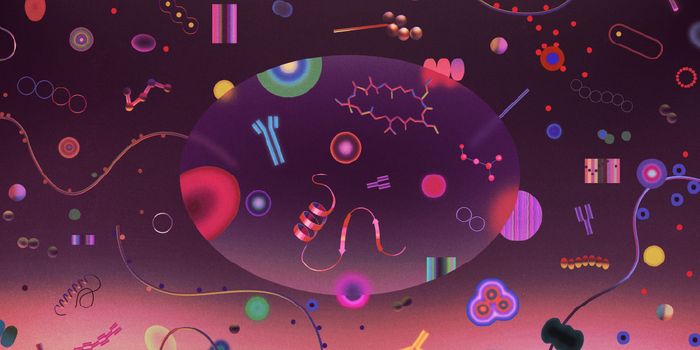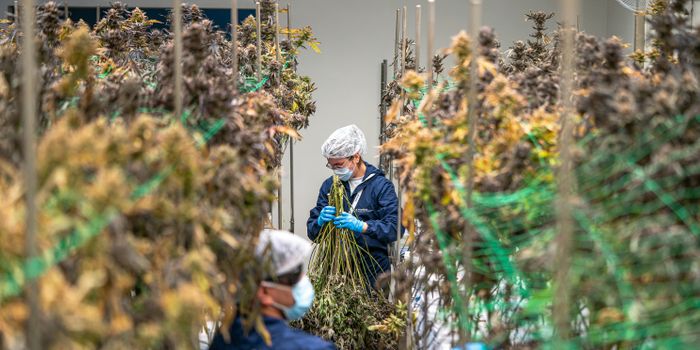Walnuts a Day Keeps Breast Cancer Away!
Normal genes are necessary for the growth of healthy cells. Cancer usually occurs by changes in the specific gene structure and functions, known as mutations. Following skin cancer, breast cancer is the second most common cancer in women. According to American Cancer Society statistics in 2019, an estimated 268,600 new cases of breast cancer are expected to be diagnosed in women in the U.S. However, there is a decrease in the death rates since the year 1989 and the decline can be seen more in women under 50 years old. The reason being an advancement in the treatment procedure, earlier detection through screening, and increased awareness. Proper and healthy diet intake nourishes the cells and results in the prevention of the spread of cancerous cells.
A recent clinical trial led by W. Elaine Hardman, Ph.D., a professor in the Department of Biomedical Sciences at the Marshall University Joan C. Edwards School of Medicine, a Marshall University team indicates that walnuts modulate or prevent breast cancer growth or development. The studies consist of two-arm clinical trials. The first subject under investigation was mice and the second subject to investigate was women with breast lumps large enough for research and pathology. In the first clinical trial, the women under study were assigned and randomized to walnut-consuming group or a control group. Immediately following biopsy collection, women in the walnut group began to eat two ounces of walnuts per day until follow-up surgery. Pathological studies confirmed that the lumps in all the women who remained in the trial, were identified as breast cancer. At operation, about two weeks after biopsy, additional specimens were taken from the breast cancers.
Changes in gene expression in the surgical specimen compared to baseline were determined in each woman in walnut-consuming (n = 5) and control (n = 5) groups. The genetic analysis revealed that the expression of 456 identified genes significantly changed in the tumor due to walnut consumption.
“Consumption of walnuts has slowed breast cancer growth and reduced the risk of mammary cancer in mice,” Hardman said. “Our team hypothesized the study, and the results support that walnut consumption would alter gene expression in pathologically-confirmed breast cancers of women in a direction that would decrease breast cancer growth and survival. The multiple ingredients in walnuts rich in antioxidants, reduce the risk of cancer or slow its growth.” The results indicate that diet plays an essential role in maintaining good health of an individual.
Although the results of the study support the hypothesis, there are limitations too. First, the study includes the small numbers of subjects or samples in the clinical trial, which causes the assessment of differences in protein studies not clear. Second, the study includes only post-menopausal women, the results may vary in pre-menopausal women. Third, a person being allergic to walnuts would have detrimental side effects and could not benefit from walnut consumption.
“Additional research through a larger-scale study would be needed to clinically confirm that walnut consumption does reduce the risk of breast cancer or breast cancer recurrence,” said Hardman.
Sources: ScienceDirect, ScienceDaily, MUSOMNews








